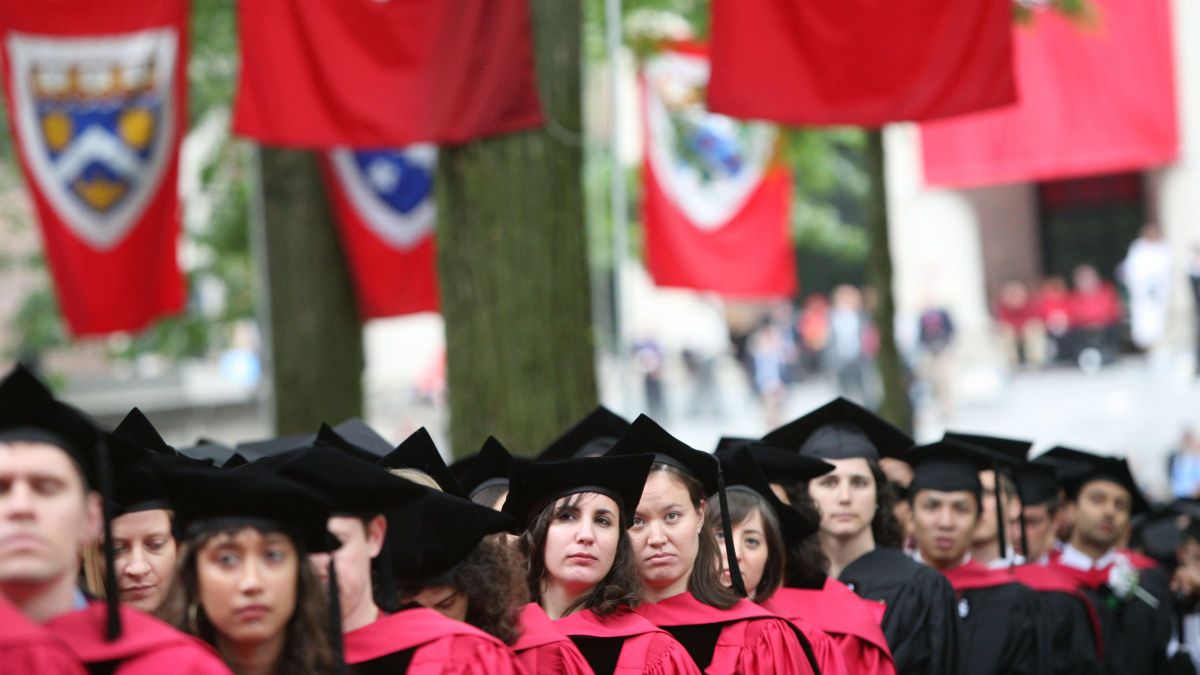Welcome to our new section, Thrive on Campus, devoted to covering the urgent issue of mental health among college and university students from all angles. If you are a college student, we invite you to apply to be an Editor-at-Large, or to simply contribute (please tag your pieces ThriveOnCampus.) We welcome faculty, clinicians and graduates to contribute as well. Read more here.
Three months into my first semester of college, I am finally alive and able to dig up some thoughts sensible enough to reflect. Although I’ve had a whirlwind of experiences so far, the most defining factor that has governed life on campus has been Harvard’s toll on mental health.
Harvard has done so much for me and has allowed me to meet some of the smartest, kindest and warmest people I have ever had the pleasure to know. On the other hand, attending classes, eating and conquering PSets with these people have also pushed me to countless mental breakdowns, a borderline eating disorder and a constant sense of inadequacy. All of this before my 5 p.m. meeting with my editor!
A unique phenomenon plagues this institution in which one can have a Google calendar saturated with colored blocks of classes, meetings and events and still feel like they accomplished absolutely nothing at the end of the day. Harvard prides itself on its plethora of opportunities and resources, which can be a great way to explore and secure your choices. However, it also inadvertently opens a problem of too many options to the point where nothing feels like it’s enough. How can one be reassured by their new internship in journalism when their section classmate also secured an internship with a congressman and membership into one of the 50 consulting clubs? I used to measure happiness in terms of success, but success here seems to be completely relative to the success of others — and there will always be people more successful.
Within the brick walls and regal black arches of the campus gates festers a distorted, unhealthy version of the Olympics: a game of who can fill their plate with the most in which bronze medalists do enough, silver medalists do more than enough and gold medalists are the unattainable pipe dream. And who are the athletes of this unsustainable, cruelly cyclical game? Of course, only the most sleep-deprived, emotionally vulnerable and insecure college students who present themselves as the polar opposite. I can go on and on, but this iconic article in The Crimson articulates the epidemic succinctly.
College has been a bit of a culture shock to say the least. Coming from humble backgrounds myself, I am not used to such blatant wealth, privilege, and self-assuredness. Underneath the smiles, collaboration belies an air of competitive superiority in which studying is synonymous with passive-aggressive debating about who is right rather than what. Someone’s success inadvertently becomes another person’s failure. Free time is a myth because time is money; time is applying to internships and research labs; time is slaving over problem sets when help is only a friend away; time is studying x hours more than person y, time is not sleeping because sleep deprivation is now a badge of honor rather than a sign of concern.
Nonetheless, I should clarify that it’s not all doom and gloom. To an extent, Harvard has cultivated a mentally exhausting culture among students, but even in the dark days, there is light. People have fought against this prevalent mentality, and the number of initiatives for inclusion, self-care and open spaces has inspired me to improve everyday and learn new perspectives of the world. If college has taught me one thing, it’s that everything is student-run and student-driven, which means that it is up to me, my friends and everyone to change the social environment.
So yes, I am struggling on this PSet. But so are you. And honestly? Everyone is, and that’s okay. We just have to learn to admit it.
Originally published at ampmrambles.wordpress.com
Subscribe here for all the latest news on how you can keep Thriving.
More on Mental Health on Campus:
What Campus Mental Health Centers Are Doing to Keep Up With Student Need
If You’re a Student Who’s Struggling With Mental Health, These 7 Tips Will Help
The Hidden Stress of RAs in the Student Mental Health Crisis


